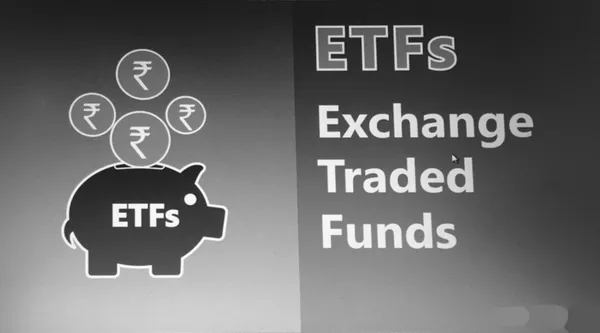In the ongoing bankruptcy trial involving the crypto exchange FTX and Alameda Research, Sam Bankman-Fried, the founder of both companies, finds himself in a precarious legal position as he faces criminal charges. This development comes in the wake of FTX’s collapse in November, which left the exchange unable to meet customer fund withdrawal requests and subsequently led to bankruptcy filings for both FTX and Alameda.
Bankman-Fried’s co-defendants, namely Gary Wang, Caroline Ellison, and Nishad Singh, have already pleaded guilty to charges of fraud and are currently providing testimonies against him. Their assertions are centered around the claim that Bankman-Fried was fully aware of Alameda’s $10 billion debt owed to FTX but nevertheless permitted further borrowing.
During the proceedings, the prosecution has submitted private notes authored by Bankman-Fried and relied on customer testimonies as key pieces of evidence. Two customers gave testimonies affirming that they kept their funds within their FTX accounts due to reassuring tweets from Bankman-Fried.
Assistant US Attorney Danielle Sassoon scrutinized Bankman-Fried’s grasp of Alameda’s precarious financial situation, given his academic background from MIT and his professional tenure at Jane Street Capital. Furthermore, the prosecution suggested that Bankman-Fried had configured his encrypted chats to automatically delete messages, potentially implying a deliberate attempt to destroy incriminating evidence.
Bankman-Fried acknowledged making certain errors but attributed the primary responsibility for critical decisions to others. He contended that he believed Alameda’s debt to FTX was manageable, estimating it at approximately $2 billion. However, he expressed shock in October when he discovered that over $8 billion was accounted for in a different part of FTX’s systems. The expenditures included substantial sums directed towards venture investments, real estate acquisitions, and high-profile marketing campaigns.
The crux of the case largely revolves around the contrasting testimonies provided, as it boils down to a “he said, they said” situation, leaving it to the jury to determine which side to believe. The sequence of events leading up to this trial traces back to a pivotal meeting at FTX’s Bahamas office in June of the preceding year, where concerns over Alameda’s potential bankruptcy were raised. Despite unsuccessful attempts to secure additional equity for FTX, Bankman-Fried reassured investors of the financial stability of both companies.


